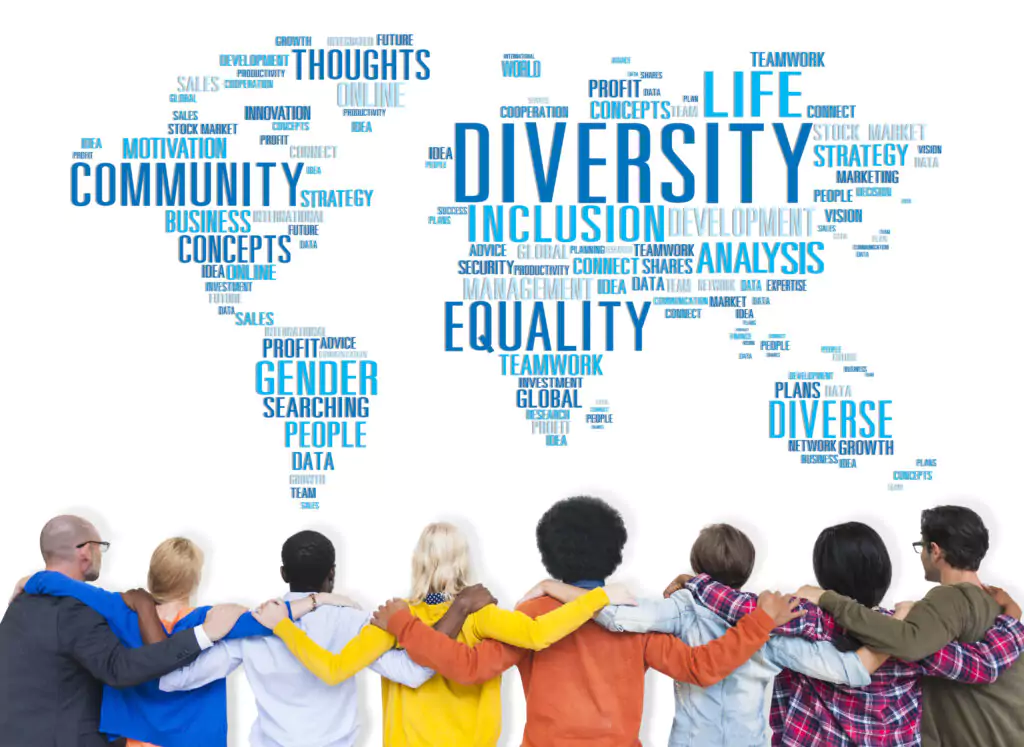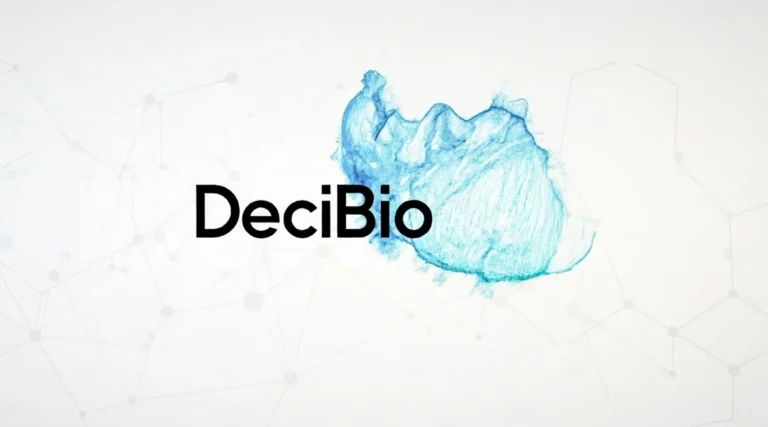
Global Survey Explores Public Sentiment on Breakthrough Technologies
As Global Survey leaders convene for the World Economic Forum Annual Meeting 2025 in Davos, Leaps by Bayer, the impact investing arm of Bayer, and Boston Consulting Group (BCG) have launched one of the most extensive surveys examining societal attitudes towards transformative technologies. The study, conducted by Ipsos, provides critical insights for innovators and leaders on public perceptions, offering guidance on how to address the hopes, fears, and concerns surrounding groundbreaking advancements in science and technology. These findings highlight both opportunities and challenges for those driving innovation in human health and nutrition.
Key Findings from the Study
Optimism About Science Varies Across Regions
The Global Survey reveals that 72% of respondents globally are optimistic about the direction science and technology are heading—a higher level of confidence compared to other societal forces like the economy (39%) or politics (31%). However, this optimism is not evenly distributed. Middle-income countries like China (86%) and Nigeria (94%) show far greater enthusiasm than high-income nations such as France (53%), Germany (54%), Italy (66%), and the U.S. (68%). Japan, in particular, stands out with only 46% expressing optimism, aligning with other high-income countries.
Trust in Health Authorities is Uneven
While 62% of respondents globally trust health authorities to act in the public’s best interest, this trust significantly lags in Western countries.Global Survey In France, only 48% express confidence in health authorities, while the U.S. reports a slightly higher figure at 56%. By contrast, middle-income countries like China (73%) and Nigeria (86%) demonstrate much higher levels of trust. This disparity underscores a critical trust gap in the West that could hinder the acceptance of new technologies.
AI in Medicine: A Mixed Reception
Artificial intelligence (AI) in medical treatment divides opinion, particularly in regions where its application is most advanced. For example, only 50% of U.S. respondents are comfortable with doctors using AI to support treatment decisions, despite the fact that the U.S. leads globally with 950 FDA-cleared AI/ML-enabled medical devices, most of which are used in radiology. This reluctance suggests a need for greater public education and transparency to foster acceptance.
Support for New Genomic Techniques (NGTs) in Agriculture
Globally, 56% of respondents hold positive views toward the use of NGTs in agriculture, particularly when such techniques enhance crop resilience to climate change. Notably, even in Europe, where government restrictions on NGTs remain stringent, 47% of respondents view these technologies positively, 34% are neutral, and only 12% hold negative opinions. This widespread openness suggests a significant opportunity to expand public awareness and dialogue around NGTs.
The Role of Knowledge and Trust in Shaping Attitudes
The Global Survey highlights a clear link between public knowledge about innovative technologies and their acceptance. Respondents who are less informed about a technology tend to view it with greater skepticism, a trend compounded by distrust in health authorities. This underscores the importance of transparent communication and public education in fostering support for scientific advancements.

Optimism for Cell and Gene Therapies
Across demographic groups, there is broad optimism for cell and gene therapies. Millennials (78%) and Boomers (70%) are particularly hopeful about these treatments. Global Survey Furthermore, 59% of Global Survey respondents agree that developing cures for rare diseases is worthwhile, even if initially only a few can afford them. This reflects a strong societal belief in the potential of these therapies to transform healthcare.
Perspectives from Industry Leaders
Dr. Juergen Eckhardt, EVP and Head of Leaps by Bayer, Global Survey emphasized the importance of societal engagement alongside technological innovation. “We understand that addressing the world’s greatest challenges requires more than investing in transformative technologies—it demands building societal acceptance. This begins with actively listening to people’s hopes and concerns about breakthrough science,” he stated. “I’m grateful for the collaboration with BCG on the Breakthrough Study, Global Survey and confident it will equip innovators across our field to engage society more meaningfully and effectively.”
Dr. Friedrich Moeckel, Managing Director and Partner at BCG Geneva, echoed this sentiment, noting that the study’s findings present a unique opportunity. “Despite strong optimism about science and technology, many remain neutral toward breakthrough innovations. This neutrality is an opportunity: by building trust and closing knowledge gaps, we can inspire greater understanding of how these advancements improve lives and address global challenges,” he said.
The Broader Context
The findings come at a time of geopolitical shifts and mounting global challenges, including climate change, strained healthcare systems, and the need for sustainable food production. While emerging technologies hold immense potential to address these issues, their success depends heavily on public acceptance. The survey underscores that increased knowledge and trust are critical to fostering this acceptance.
Emerging technologies have the power to reshape human health and wellbeing, but societal attitudes play a pivotal role in determining their success. By addressing knowledge gaps and building trust, innovators can better align their advancements with public expectations, paving the way for a more inclusive and impactful future.
Read more: Leaps by Bayer Launches Global Survey on Breakthrough Tech Attitudes




